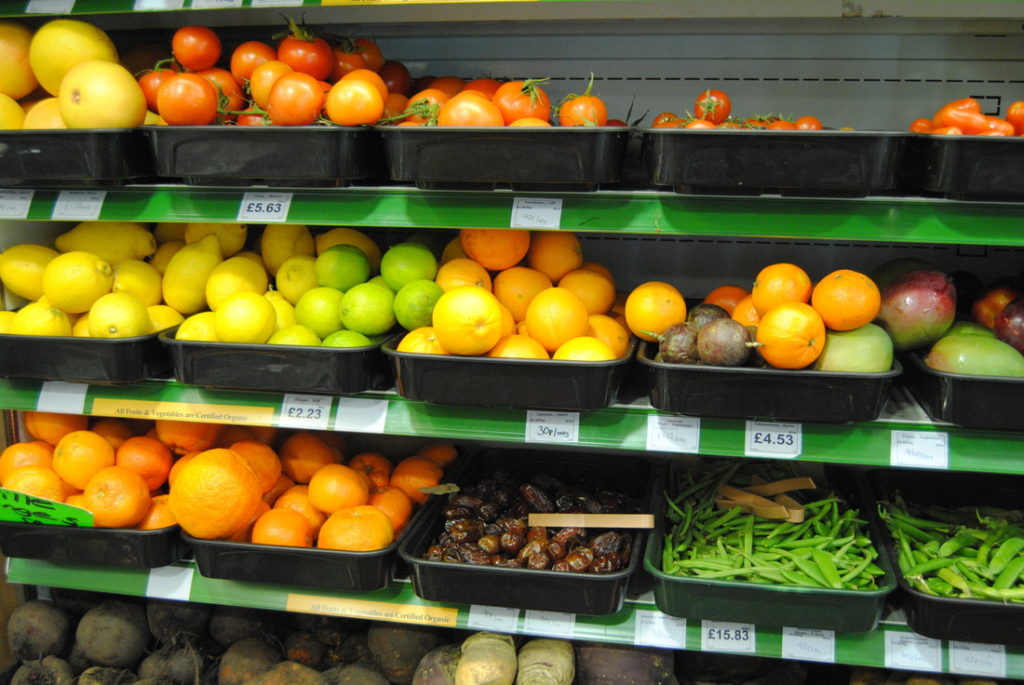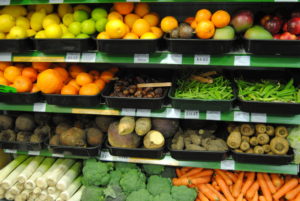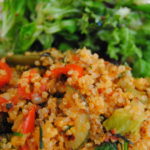When most people think of diabetes, it’s usually Type I diabetes that comes to mind. This usually develops at a young age and occurs when the body is unable to produce insulin. This accounts for approximately 10% of all diabetics. Insulin is normally secreted by the pancreas when the body needs to reduce sugar levels. When sugary, refined foods are eaten, this triggers the pancreas to secrete insulin which ensures that the glucose gets distributed to the cells and therefore lowers blood sugar. Type I diabetics must take insulin to maintain healthy blood sugar levels.
Type II diabetes usually occurs later in life and accounts for almost 90% of the total diabetics. Due to a lifetime of refined carbohydrates, the body begins to develop a resistance to insulin. As refined foods are eaten, this increases blood sugar. A vicious cycle begins and the pancreas secretes insulin which then lowers blood sugar. Over time, the pancreas becomes exhausted and the body stops responding to insulin. Type II diabetes is now in effect because blood levels aren’t being brought down.
The key to preventing and treating diabetes is avoiding all refined sugar. This doesn’t just include sugary foods but also anything that has been refined -white bread, white flour, white rice, sugary cereals, and the list goes on.
How can we focus on controlling our blood sugar levels to avoid spiking and crashing? Focus on complex carbohydrates. These are broken down by the body gradually and provide a slow and sustained source of energy. Some of these foods include legumes (dried peas, beans, lentils), whole grains and vegetables. If you’re having a sweet craving, try to eat a piece of fruit instead. Fructose in fruit has the same chemical formula as other simple sugars but contains fibre which slows down digestion. This allows a slow release of energy for the body and avoids blood sugar spikes.
The glycemic index expresses the rise in blood sugar levels after eating particular foods. Believe it or not, fat helps to bring down foods ranked high on the glycemic index. Baked potatoes have a high glycemic index number and can cause blood sugar to quickly increase. Adding butter to them helps to slow down the quick release of insulin and therefore maintain blood sugar levels. Another example would be adding almond butter to an apple.
Diabetes can also be connected to inadequate dietary fibre intake. Consuming more complex carbohydrates is a way to control blood sugar levels and increase dietary fibre simultaneously. Fibre helps to slow down the digestion and absorption of carbohydrates which prevents blood sugar spiking. It also prevents an over secretion of insulin and improves the uptake of glucose (sugar) by the liver and other tissues.
This is just another reminder to increase your intake of fruits, vegetables and healthy complex carbohydrates. Also remember to decrease your intake of simple sugars and white flour products. Type II Diabetes is a modern day illness and can be prevented with a healthy diet.






